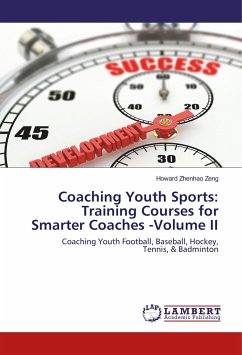The proliferation of international sport competitions has drawn considerable attention to coaching, which enjoys the mystique of a profession with special rights, privileges and obligations. Sport coaching has never been an easy task, especially in South Africa. Fewer jobs in sport, particularly professional sport, possess the pressures inherent in coaching. Coaches face distinctive pressures not found in other occupations. This is reflected in the high turnover of coaches in certain popular sports like soccer and rugby. Thus, the question of the management of professional sports coaches has arisen. A glaring absence of researched guidelines or guiding principles in South African sport for the effective management of sports coaches prompted this study. The aim of the study was to propose guidelines for management of professional sports coaches in South Africa. It was supported by a detailed literature study, exploratory research conducted through in depth interviews and an empirical study.
Bitte wählen Sie Ihr Anliegen aus.
Rechnungen
Retourenschein anfordern
Bestellstatus
Storno








